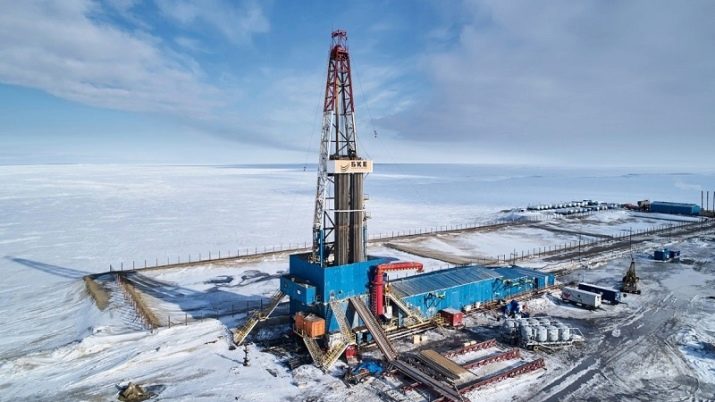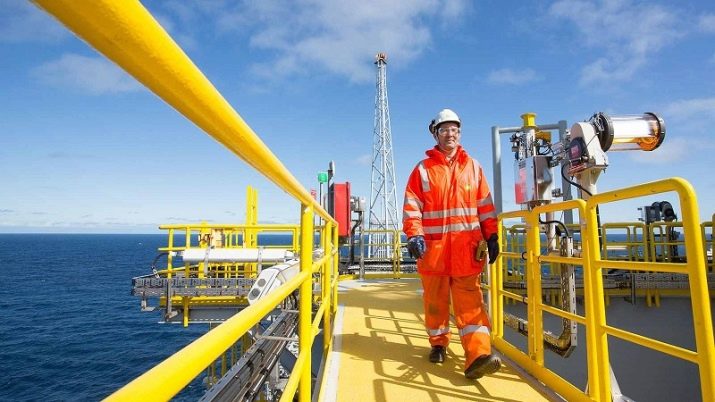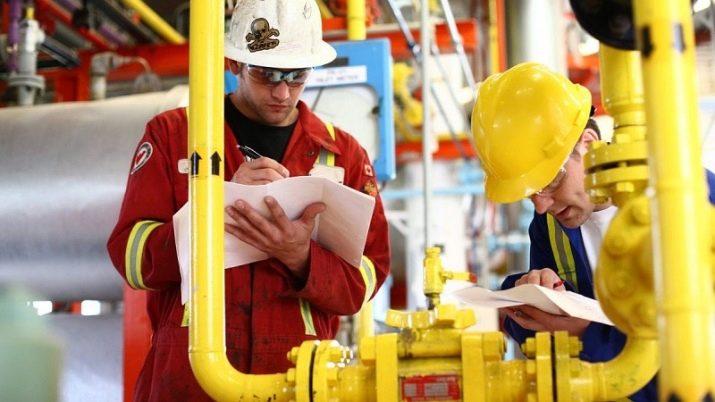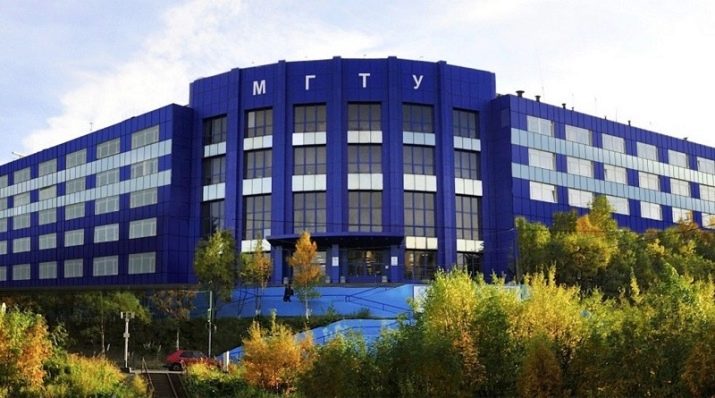All about the profession of petroleum engineer

Since the end of the 19th century, oil has become one of the most important and popular minerals that have changed the life of all mankind. Oil has not lost its relevance and will never lose, even if new alternatives appear. Not only industry, but also many spheres of human life support today depend on oil and products obtained as a result of its processing.
The profession of a petroleum engineer is associated with oil production. Specialist assesses the hydrocarbon field, its volume and characteristics of occurrence, determines the options for the development of the field at all stages of production. Beyond Oil, Petroleum Engineer also applies to the extraction of natural gas.
Peculiarities
The profession of a petroleum engineer is associated with the organization of the process of searching for oil and gas fields, as well as their production. The specialist performs a certain range of work, thereby creating conditions for the optimal development of fields and obtaining a maximum of hydrocarbons. The work of an oil worker is sometimes fraught with risky situations, it happens that oil or gas can ignite and lead to extremely dangerous situations.
Some types of work are carried out at a height, in addition, the deposits are located in the field, remote from the territories inhabited by humans. Extractive fishing is often carried out on the high seas, which in itself is a dangerous habitat for humans. But such risks to life and health are offset by high levels of earnings and benefits.

Engineering work in the field of oil and gas production is divided into the following areas.
- Production Engineer - deals with the organization of field development. He determines the necessary equipment, is responsible for the work of people and mechanisms, and resolves issues that arise in the process of mining deposits.
- Development engineer - selects methods of mining and is responsible for their optimization and rational use.
- Well drilling engineer - Solves technical issues related to the drilling of not only exploration, but also production wells.
- Oil and gas pipeline engineer - is responsible for the operation of the system of main routes along which the movement of gas and oil is carried out. In addition, this specialist also monitors the operation of equipment on overpasses.
The listed engineering specializations in the oil industry are considered prestigious and highly paid. In this area, many benefits and incentives are provided, and if the field is located in harsh climatic conditions, then the employee, in addition to benefits, is also given the opportunity to retire earlier.
Choosing the profession of a petroleum engineer, an applicant can be sure that his profession will be in demand and well paid, which is why the demand for it is so high among young people.

Responsibilities
To fulfill his job duties, a petroleum engineer must have a disposition to study the exact sciences such as physics, chemistry, and mathematics. A technical mindset will allow a specialist to own various types of equipment and perform the necessary measurement work. The main functionalities of a petroleum engineer are as follows:
- makes an analysis of a natural deposit;
- determines the economic prospects of a particular method of field development;
- determines the costs of drilling oil and gas wells, as well as the restoration of the field after development;
- assesses the conditions and specifics of oil or gas production.
The labor activity of a petroleum engineer can be carried out both in the office and on site. The work of oil workers is usually associated with business trips to distant corners of the country, in addition, a specialist can also take part in research conferences, symposia, and exhibition events.

Knowledge and skills
A qualified petroleum engineer must have a fundamental education and practical experience. The main requirements for a specialist are:
- availability of specialized higher professional education;
- practical experience in conducting geological exploration and surveys, as well as having a minimum length of service;
- excellent computer skills and graphic modeling software, such as AutoCAD;
- experience in conducting geological surveys and performing work in difficult natural conditions;
- possession of skills in strategic management, planning and leadership of people;
- good knowledge of English and the ability to perform technical translations.
The specialist must always be ready to go on long business trips and be able to work in non-standard conditions. A petroleum engineer belongs to the category of managers, his experience and high level of responsibility also presupposes a high level of salary.

Education
In order to become a petroleum engineer, you will need to study in higher education. These can be universities located in Russia or abroad. After graduation, the graduate is sent for an internship to where he will work. For admission to a specialized university at the faculty of "Oil and Gas Business", the applicant will need to provide the results of the Unified State Exam. Here are the items that you will need to take for admission:
- maths;
- Russian language;
- physics or chemistry.
In addition to the faculty of "oil business", the applicant can choose for himself and other areas in demand in the oil industry: "mining", "geological exploration technology", "geology", "oil and gas technologies" and others. Each university has its own set of profile areas that you have to choose. The most famous higher educational institutions in Russia, where you can get education that is in demand in the oil and gas sector, are the following.
- State University named after I.M. Gubkin... - its branches are available in the cities of Orenburg, Tashkent and Ashgabat.
- Tyumen State University - its branch is located in Surgut.
- Murmansk State Technical University - located in the city of Murmansk.
- Ufa State Petroleum Technical University - provides its students with the opportunity to conduct research work and research in the field.
- Perm National Research Polytechnic Institute - is famous for cooperating with foreign partners.
- Tomsk Polytechnic University - cooperates with colleagues from Scotland and trains specialists in the field of petroleum engineering. Many teachers from Scotland teach at the university, and graduates receive international diplomas.
Training for a petroleum engineer can start from the very beginning if you enter a specialized college or technical school and get the profession of a driller, installer or junior specialist. After working on a rig for some time and gaining experience, you can then go to university in order to improve your knowledge and acquire the opportunity to occupy an engineering position. Even after graduating from a university, specialists receive the right to independent work only after having worked for several years in their profession and having gained some practical experience.

average salary
The oil and gas industry offers high revenues. People working in it earn good money. A high level of earnings is characteristic not only of Russia, but has a global trend. The average salary of top management in the oil industry can be 500-600 thousand rubles. monthly. The line manager of the division receives about 200-250 thousand rubles. per month. A similar level of earnings is typical for specialists with a high level of education and extensive work experience.
Novice engineers earn a little less - 100-150 thousand rubles. In addition to the basic salary, these workers have bonus payments, an extended social package and other bonuses provided by the organization in which they work. Petroleum engineers working in the Far North, in addition to salary rates, also receive bonuses for work in difficult conditions. The level of earnings depends on the status of the company, as well as on the region in which it is located.
For example, an engineer in Krasnoyarsk can earn 100-120 thousand rubles, in Chuvashia for the same position, the average salary will be 85-95 thousand rubles, and a specialist from Yaroslavl will earn about 70-80 thousand rubles.
The salary of a specialist also depends on his practical work experience. The higher it is, the more the specialist is appreciated. He, accordingly, receives a higher salary.










I decided to study as a petroleum engineer.